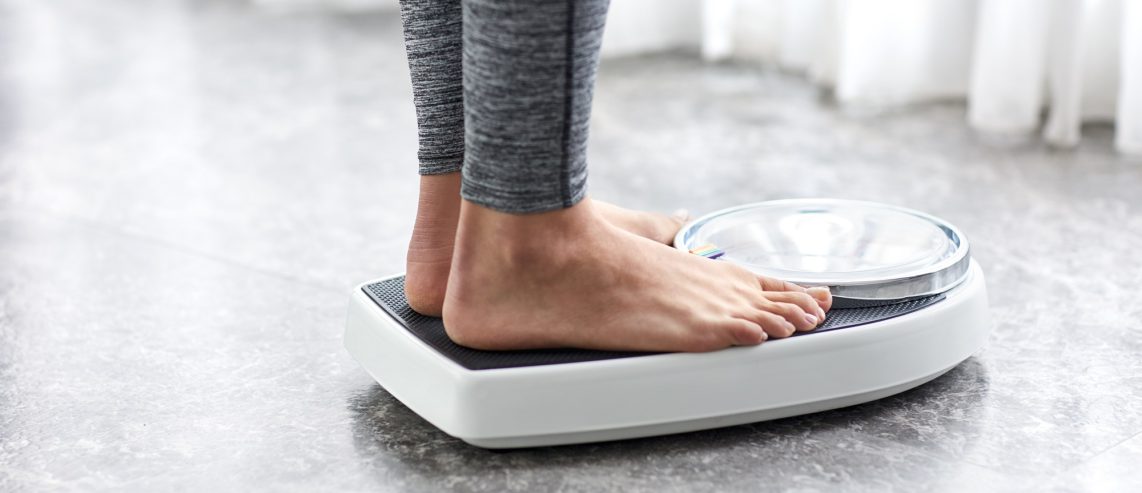Maintaining a healthy weight is crucial for overall well-being. To monitor your weight effectively, knowing how to measure it accurately is essential.
Never Miss a Beat!
Subscribe to Our HealthBeat Newsletter!
Thank you for subscribing!
You can now select the specific newsletters you'd like to receive.
You are already subscribed.
Subscribe to more newsletters in our email preference center.
Sorry, an error occurred. Please try again later.
Get Healthy Tips Sent to Your Phone!
Why Knowing Your Accurate Weight Is Important
Accuracy when getting weight measurements is vital for various reasons. It helps determine if you fall within a healthy weight range.
Knowing what weight range you fall into can aid in tracking weight loss or gain progress over time.
Accurate weight measurement also significantly affects your body mass index (BMI). It evaluates any potential health risks associated with weight fluctuations.
Equipment for Measuring Weight
You can use many different pieces of equipment to most accurately find your weight.
- Bathroom scale: A bathroom scale is the most popular and readily available tool for measuring weight at home. Try to find a scale that offers consistent and reliable results. Consider researching physician-recommended scales or scales with good online reviews. Make sure to get a scale that supports a weight capacity appropriate for your needs.
- Medical scales: Health care facilities or doctor’s offices will use medical scales, often during physical exams, to determine your weight. These scales are designed to measure weight accurately and are calibrated regularly to ensure precision.
Body composition scales are another potential tool to get weight information. These scales use bioelectrical impedance to measure body fat percentage, muscle mass, and water weight. They can provide a more detailed overview of your health and track changes beyond just weight. However, the formulas and information used by body composition scales to calculate this information can be inaccurate.
Techniques for Accurate Weight Measurement
When measuring your weight, especially with bathroom or body composition scales, ways to ensure an accurate measurement include:
- Choose the right time: To get consistent and accurate measurements, it is important to weigh yourself at the same time each day. Try measuring your weight early in the morning, before eating or drinking, and after using the restroom.
- Dress appropriately: Wear light clothes and remove shoes, jackets, and other heavy clothes before stepping on the scale.
- Placement and stance: Put your scale on a flat, hard surface like tile or hardwood instead of uneven areas like carpets or rugs. It is also important to stand in the center of the scale, keeping your feet evenly spaced to distribute your weight correctly.
- Take multiple measurements: It can benefit you to take multiple measurements. Every time you take your weight, it can vary slightly due to varying factors such as food intake, hydration levels, and menstrual cycles. Measuring yourself several times and calculating the average can give you a better representation of your weight.
Accurate weight measurement is essential for effective health management. Using appropriate equipment and techniques, you can get precise weight measurements.
Contact a health care provider if you have specific health concerns or need guidance on your weight management journey.
About UPMC
Headquartered in Pittsburgh, UPMC is a world-renowned health care provider and insurer. We operate 40 hospitals and 800 doctors’ offices and outpatient centers, with locations throughout Pennsylvania, Maryland, New York, West Virginia, and internationally. We employ 4,900 physicians, and we are leaders in clinical care, groundbreaking research, and treatment breakthroughs. U.S. News & World Report consistently ranks UPMC Presbyterian Shadyside as one of the nation’s best hospitals in many specialties and ranks UPMC Children’s Hospital of Pittsburgh on its Honor Roll of America’s Best Children’s Hospitals. We are dedicated to providing Life Changing Medicine to our communities.

